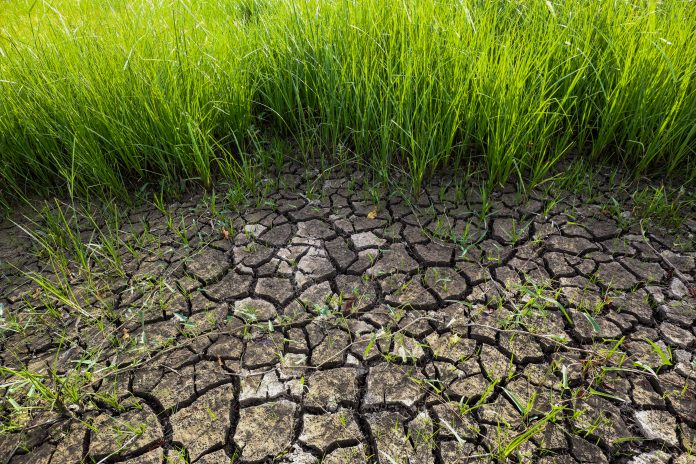Viruses have strong, potentially negative effects on microbes, which could mean ecosystem responses against climate change could be reduced
Climate change is continually changing how ecosystems function by altering how organisms operate within microbial food webs. In response, ecosystem responses adapt to better survive these changes, but is it enough?
Researchers find that another increasing issue with ecosystem responses arises with viruses impacting microbial processes. Most types of microbes are infected by viruses, but so far, little is known about how these viral infections could change how microbes react to warming.
Duke University, the University of Tennessee Knoxville, the Netherlands Institute of Ecology, and Oak Ridge National Laboratory analyse the impacts of global warming on viruses, and how these might alter ecosystem defences and responses to climate change.
Increasing temperatures affect viruses and their microbial hosts
Warming is predicted to affect several different stages of the viral infection cycle, including virus-host dynamics. However, there are still many gaps in our understanding of these effects.
Climate change is affecting how energy and matter flow through ecosystems, thereby altering global carbon and nutrient cycles – and ecosystem responses.
Looking at the connections between viruses, warming, and ecosystem functioning, this study creates a ‘roadmap’ for understanding how viruses can modify the effects of warming on communities of microbes – such as bacteria, archaea, fungi, and protists.
Microorganisms play a fundamental role in carbon and nutrient cycling
Microorganisms play integral roles in ecosystems by controlling the flow of energy and matter through processes like photosynthesis (carbon uptake), respiration (carbon release), and decomposition (carbon recycling).
Essentially, microorganisms play a fundamental role in carbon and nutrient cycling and are thus an integral link between ecosystem responses and the climate.
These changes could ultimately affect the responses of whole ecosystems to warming
As viruses are pervasive across all habitats and have strong effects on microbial functioning, the researchers’ preliminary models show that viruses could potentially tip the scales on natural carbon balances.
This essentially means that some ecosystem responses would be forced to switch from being net carbon sources (releasing more carbon than they store) to being net carbon sinks (absorbing carbon).
To provide real-world context, the researchers considered how these processes may operate in peatlands – globally significant carbon sinks that are threatened by climate change.
This study shows how incorporating viruses into predictive models can lead to new and unexpected effects on ecosystems in response to climate change. Incorporating these effects of viruses into ecosystem models also allowed scientists to improve their predictions of how ecosystems could respond to climate change.











